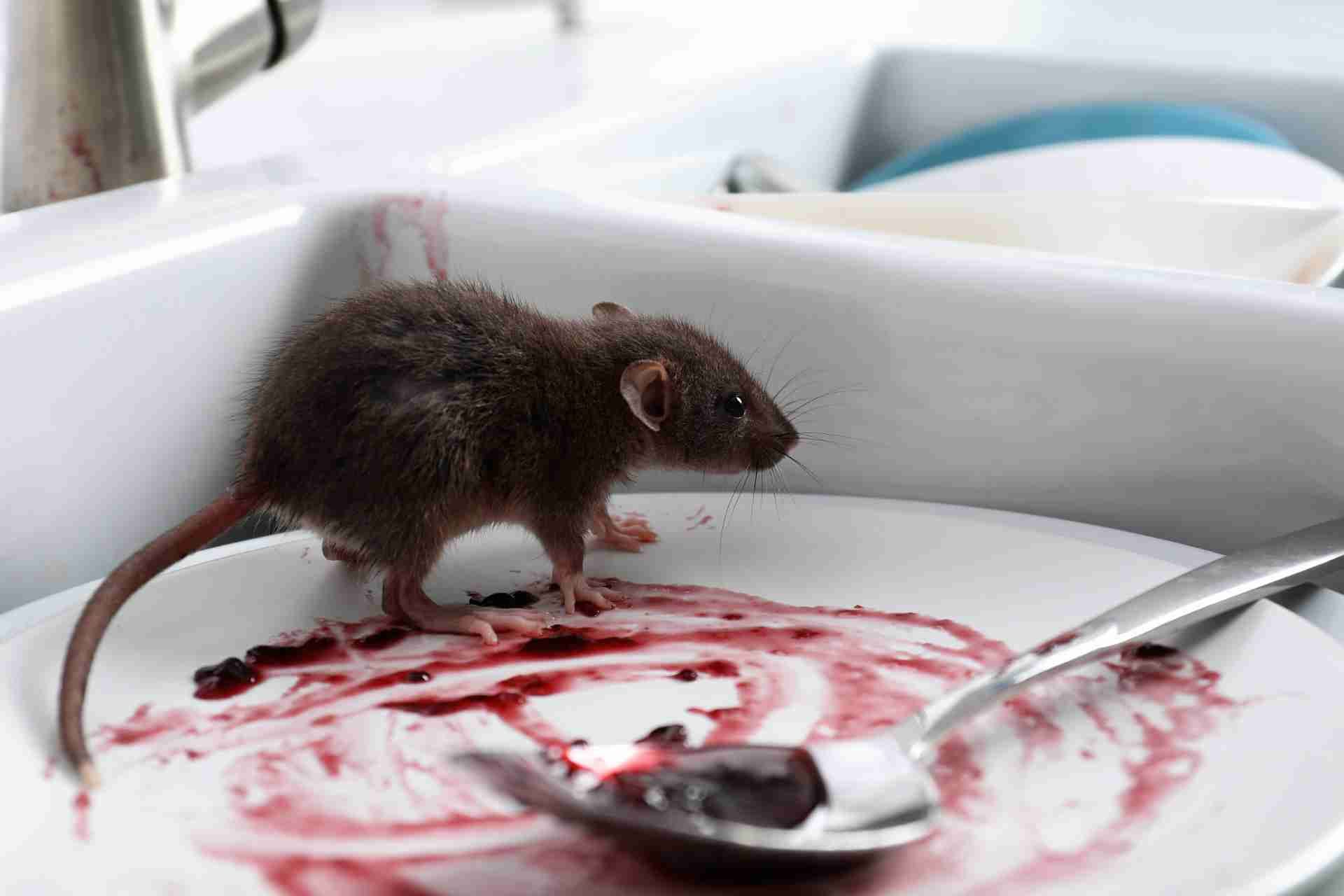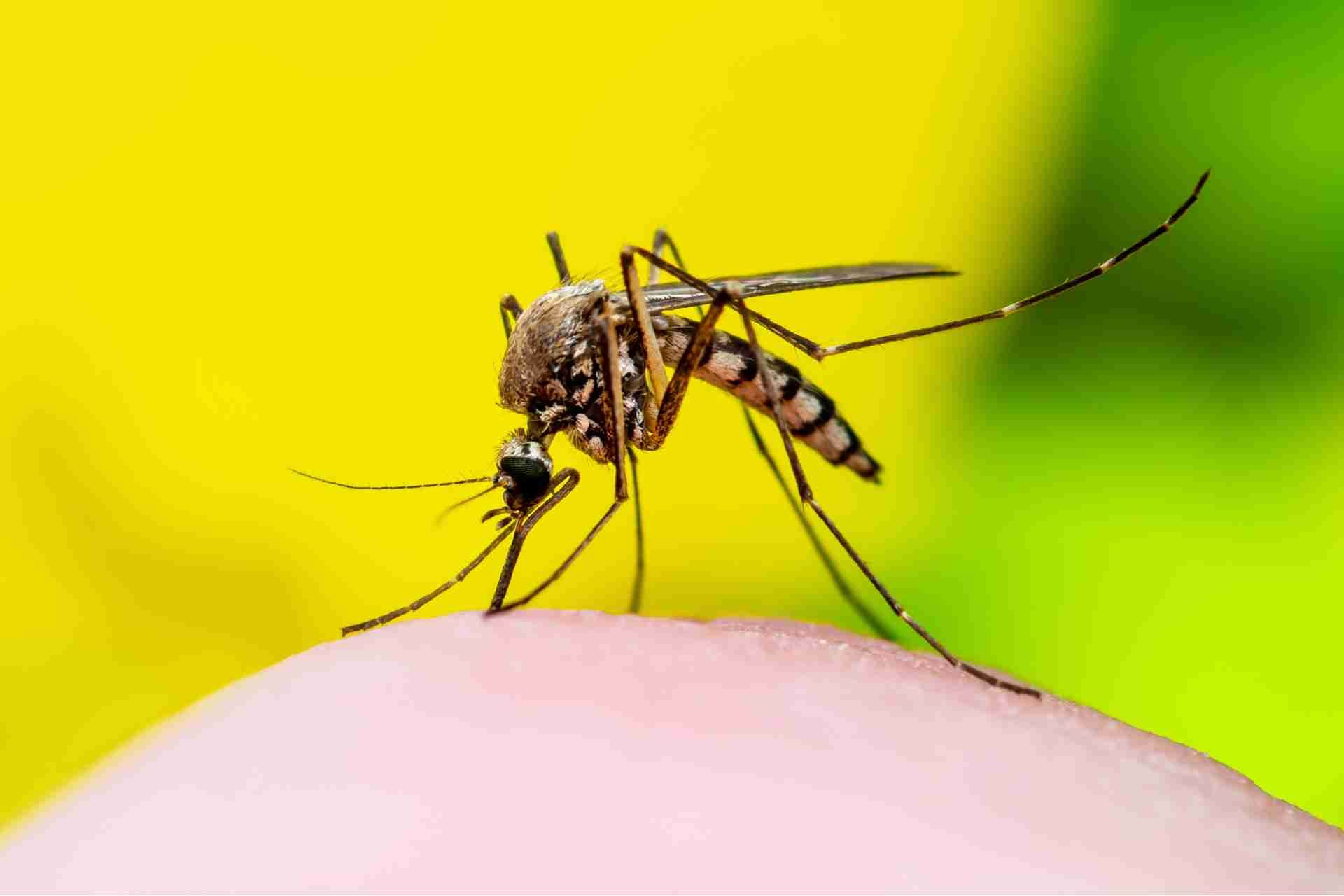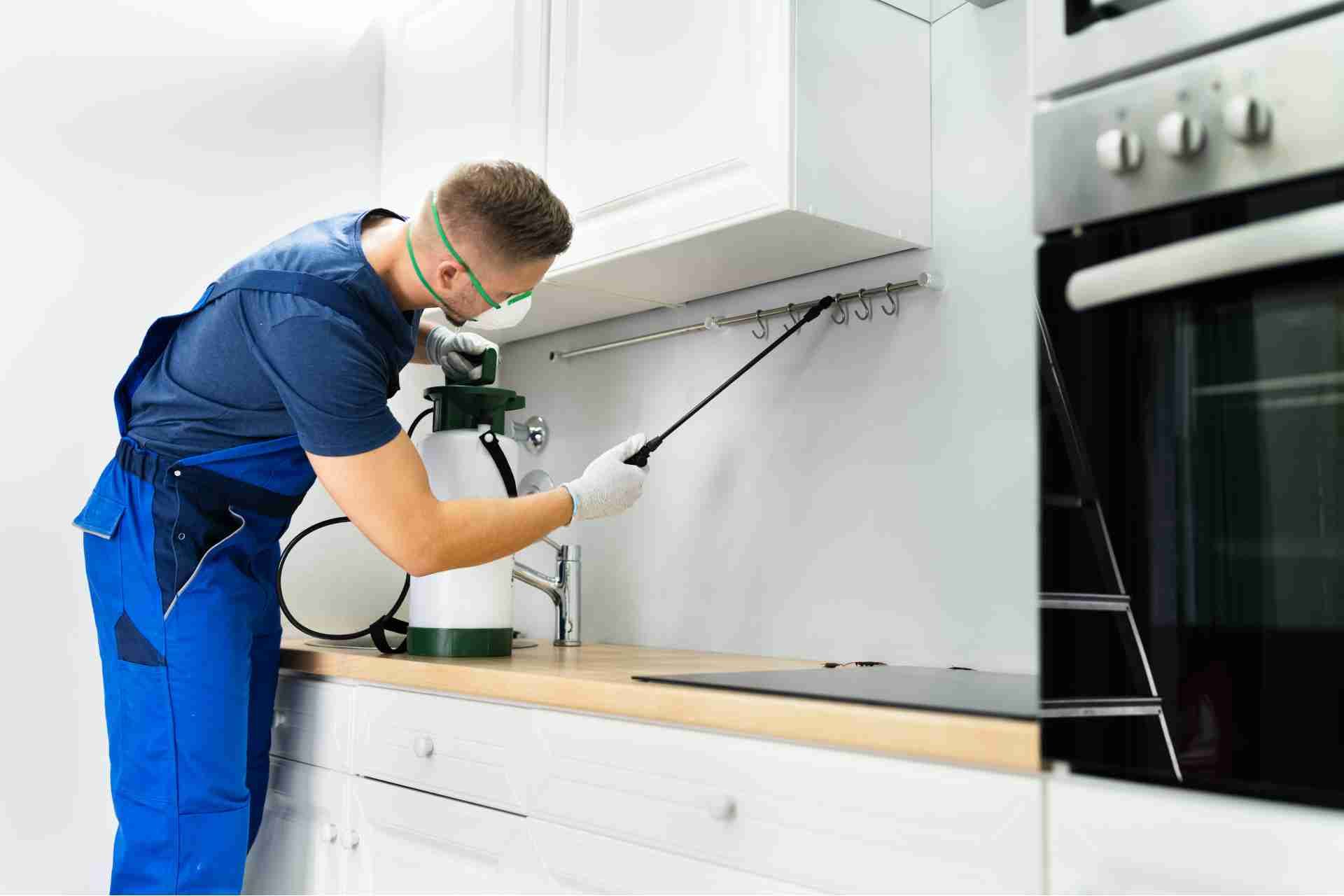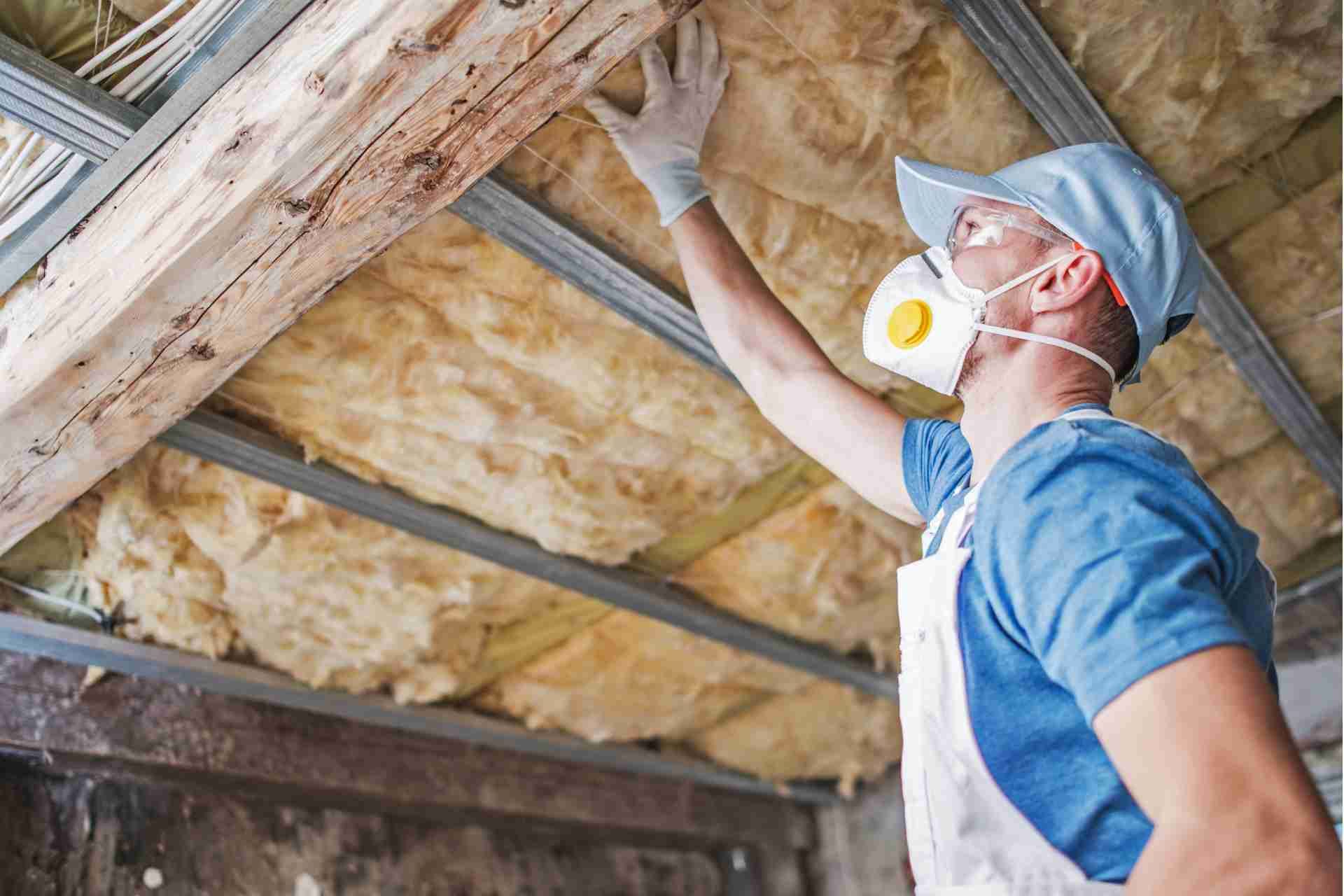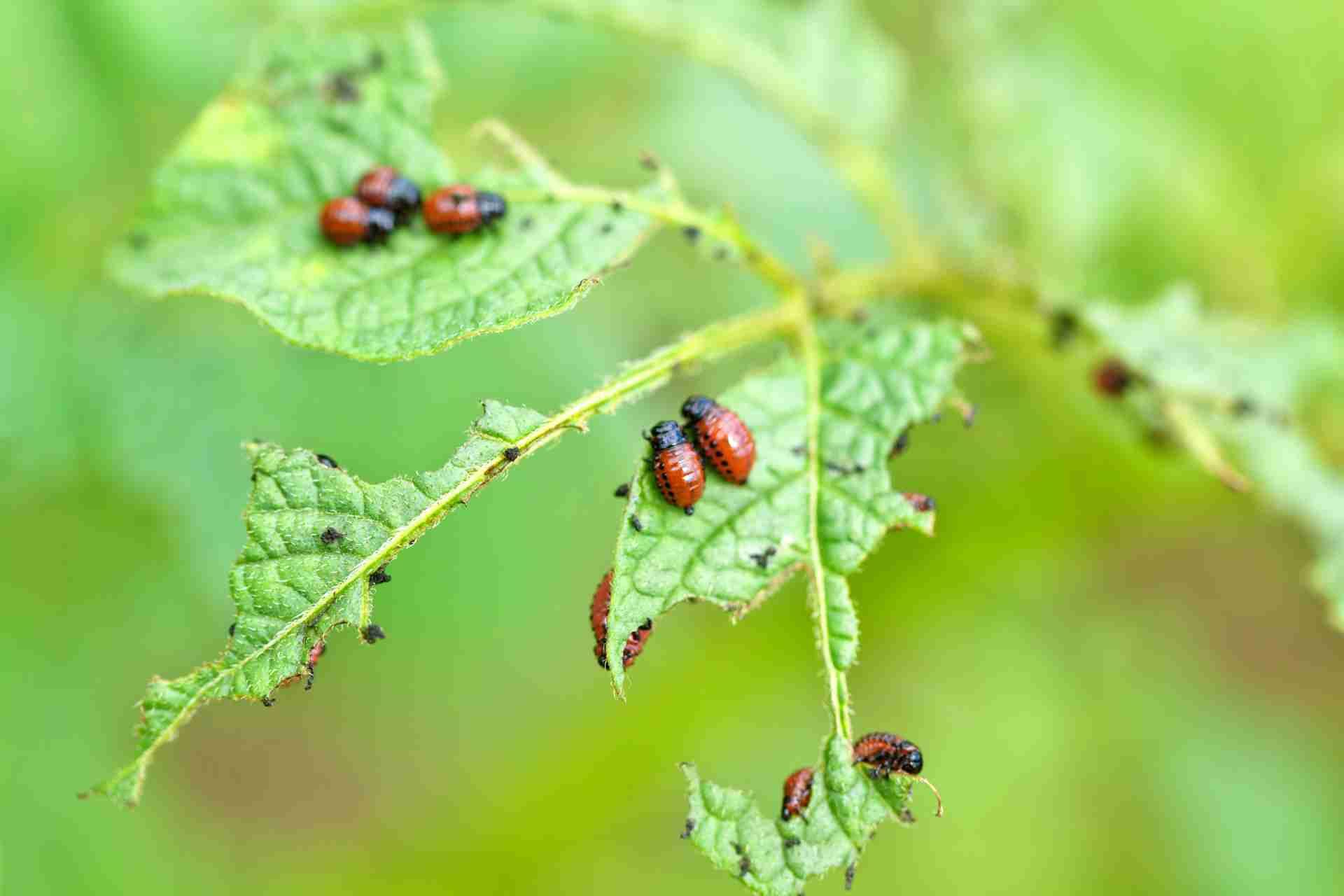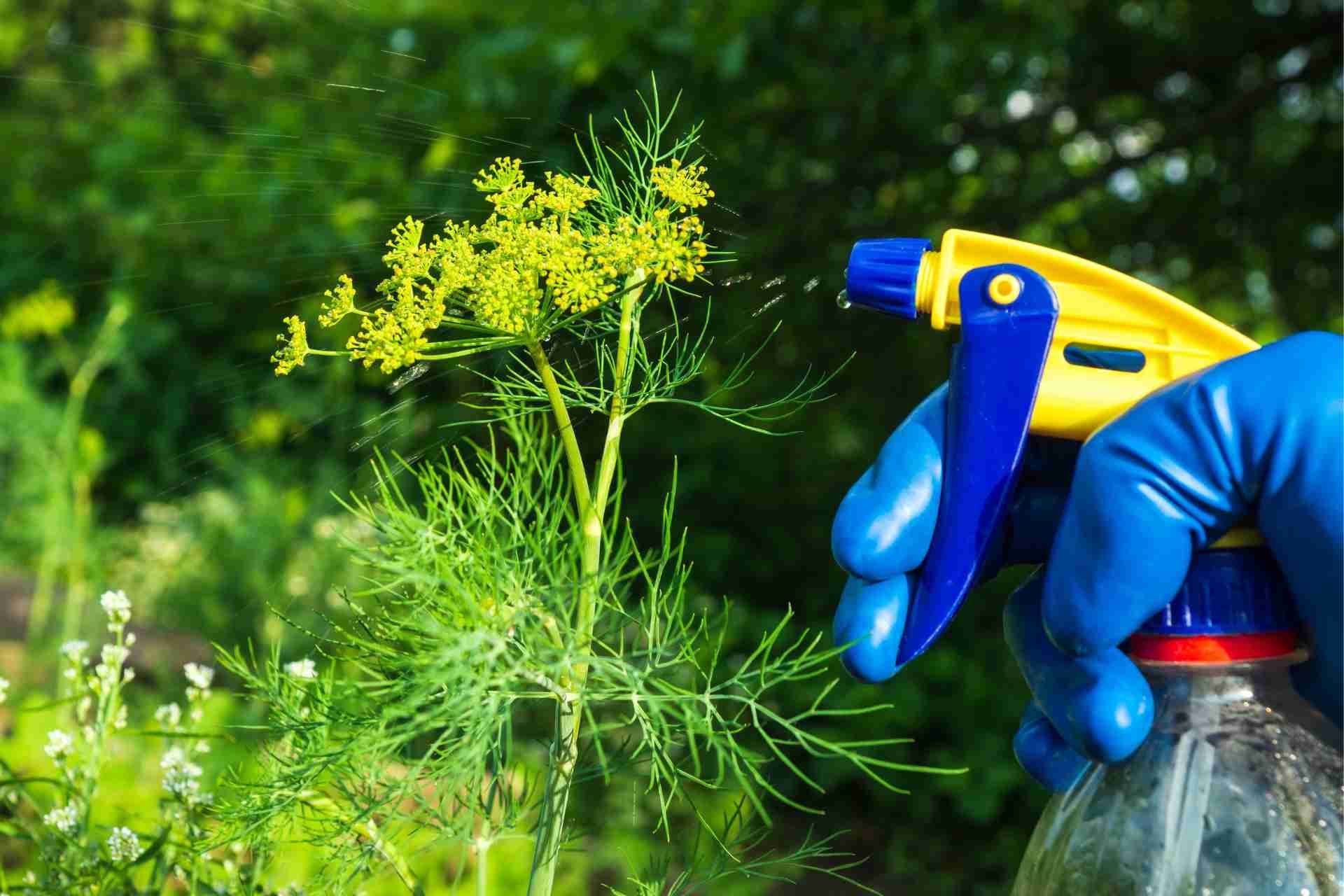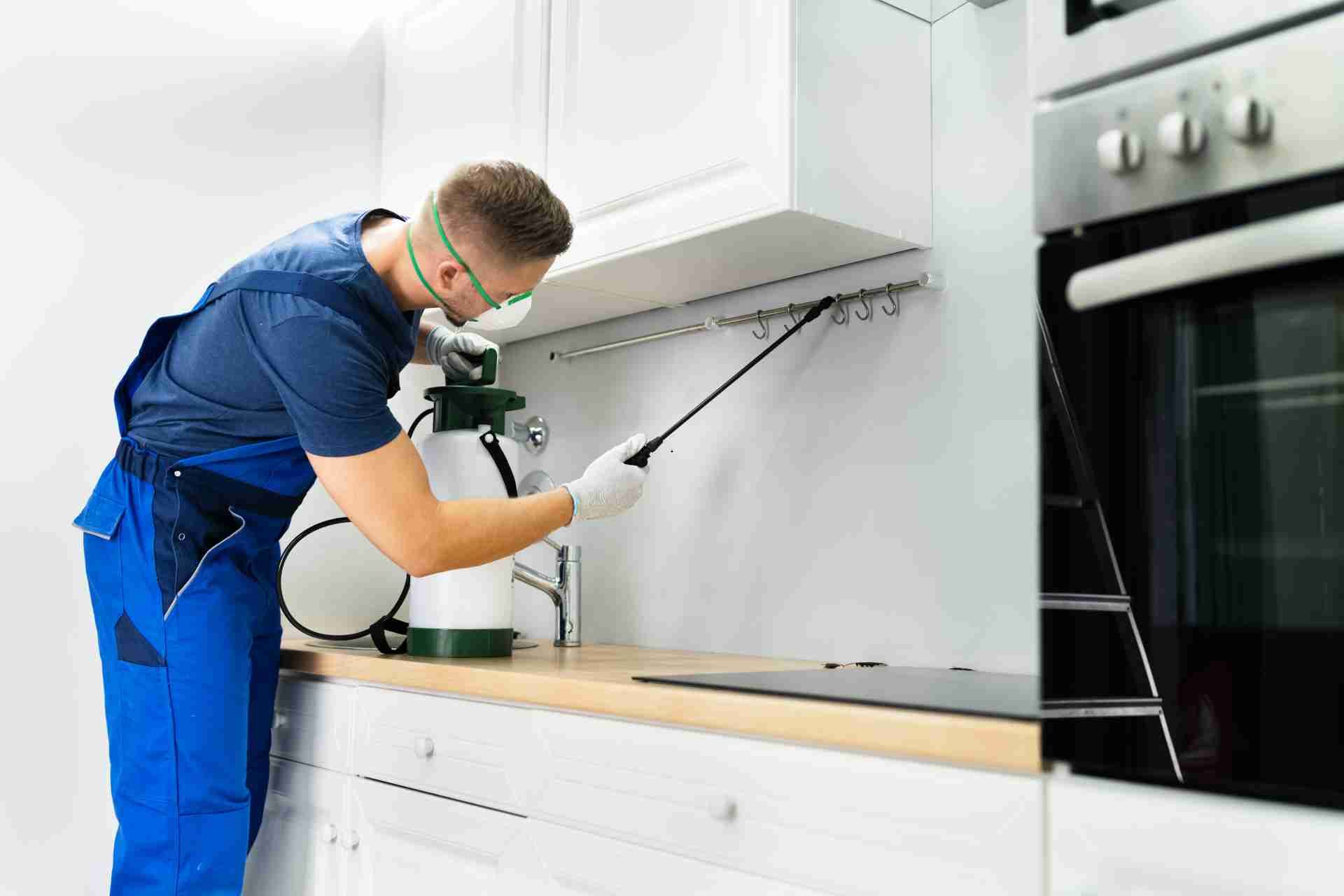Safe Ways to Control Carpenter Ants
Spring is in full swing, which means many of us are spending more time outdoors enjoying the warmer weather. However, with the change in season also comes an increase in pests like carpenter ants. These insects can be a nuisance, damaging wood structures in and around your home. The good news is that there are safe and effective ways to control carpenter ants without using harmful chemicals.
By taking a proactive approach and implementing some key tactics, you can safeguard your home and keep these wood-destroying insects at bay.
Natural Repellents
Carpenter ants can cause significant damage to your home if left unchecked. These large ants can gnaw through wood and create extensive tunnels and galleries in which to nest. Fortunately, there are natural repellents that can help control carpenter ants and keep them from invading your home.
Peppermint Oil
Carpenter ants are repelled by the strong scent of peppermint oil, making it an effective deterrent. Simply mix a few drops of peppermint oil with water in a spray bottle and spray it around areas where ants are present or where you suspect they may be entering your home. Reapply the spray regularly to maintain its effectiveness.
Vinegar
Like peppermint oil, ants are not fans of the strong scent of vinegar. Mix equal parts vinegar and water in a spray bottle and spray it around your home to deter ants. You can also soak cotton balls in vinegar and place them near ant trails or entry points to keep them at bay.
Cinnamon
Cinnamon is another natural repellent that can help control carpenter ants. Sprinkle ground cinnamon around areas where ants are present, such as around doors and windows or near ant trails. The strong scent of cinnamon will deter ants from crossing the barrier and entering your home.
Borax
Borax is a natural mineral that can be used to control carpenter ants. Mix equal parts borax and sugar and sprinkle it near ant trails or entry points. The ants will be attracted to the sugar but will also ingest the borax, which is toxic to them. This will help eliminate the ant colony and prevent further infestations.
Diatomaceous earth
Diatomaceous earth is a natural repellent that can help control carpenter ants. Sprinkle food-grade diatomaceous earth around areas where ants are present or where you suspect they may be entering your home. The tiny particles in diatomaceous earth are abrasive to insects and will help kill ants by dehydrating them.
Eliminate Moisture Sources
Controlling carpenter ants safely involves not only using natural repellents but also taking steps to eliminate moisture sources in your home. Carpenter ants are attracted to damp areas where they can nest and thrive. To deter these pests, start by fixing any leaks in your plumbing, as dripping pipes create the perfect environment for ants.
Make sure to regularly check areas prone to moisture buildup, such as under sinks, around windows, and in basements or attics. Use a dehumidifier in damp spaces to reduce humidity levels, making them less appealing to carpenter ants. Additionally, ensure proper ventilation in areas like bathrooms and kitchens to prevent excess moisture.
Seal Entry Points
Eliminate potential entry points for carpenter ants by sealing cracks and gaps in your home's exterior walls and foundation. Carpenter ants can find their way into your home through even the tiniest openings, so it's crucial to inspect and seal any potential entry points.
Start by examining the exterior of your house for cracks in the foundation, gaps around windows and doors, holes in the walls, and any other openings that could serve as entry points for these pests.
Use a high-quality silicone caulk or sealant to fill in these gaps effectively. Focus on areas where utility pipes and wires enter your home, as these are common entry points for carpenter ants. By sealing these openings, you can prevent ants from infiltrating your living spaces and causing damage to the structure of your home.
Regularly inspect and maintain the seals around windows and doors, as these can deteriorate over time. By taking proactive measures to seal entry points, you can significantly reduce the risk of carpenter ant infestations in your home.
Trim Vegetation Near Home
Inspect the vegetation surrounding your home and trim it as needed to reduce potential hiding spots and pathways for carpenter ants. Overgrown plants and trees close to your house can provide easy access for these pests. By keeping vegetation neatly trimmed and away from the perimeter of your home, you create a barrier that makes it harder for carpenter ants to find their way inside. Focus on areas where branches touch your house or where vegetation is dense, as these are prime spots for ants to travel from the outdoors into your home.
Regularly pruning trees and bushes near your home not only helps in carpenter ant prevention but also enhances the overall appearance of your property. Make sure to clear any debris or dead vegetation that may be lying around, as these can also attract carpenter ants looking for nesting sites. By maintaining a well-groomed yard, you not only reduce the risk of carpenter ant infestations but also contribute to a more pleasant outdoor environment for yourself and your family.
Consult With Pest Control Professional
Carpenter ants are not your average ants. These pests are known for their ability to chew through wood, which can lead to structural damage in your home. If left unchecked, carpenter ants can cause extensive and costly damage to your property. That's why it's crucial to consult with professional pest control to effectively control and eliminate carpenter ant infestations.
When it comes to dealing with carpenter ants, DIY methods often fall short. These ants are skilled at creating intricate nests within the wood of your home, making it difficult to locate and eradicate them. Professional pest control services have the knowledge, experience, and tools necessary to effectively identify and eliminate carpenter ant infestations.
One of the first steps a professional pest control service will take is to conduct a thorough inspection of your property to locate the source of the infestation. This may involve locating and treating nests within the walls, ceilings, or floors of your home. Once the source of the infestation is identified, the pest control experts will develop a customized treatment plan to eliminate the ants and prevent future infestations.
Professional pest control services can also provide preventative measures to keep carpenter ants out of your home. This may include sealing off entry points, removing attractants such as food and water sources, and applying insecticides to deter ants from returning.

